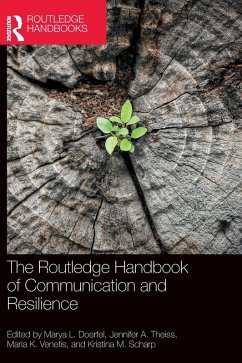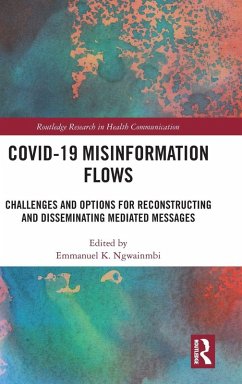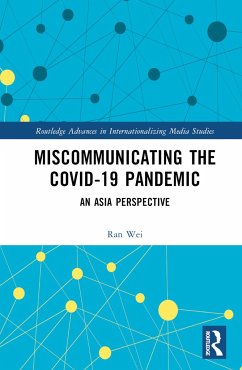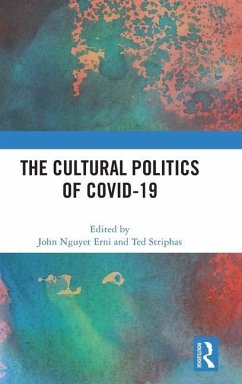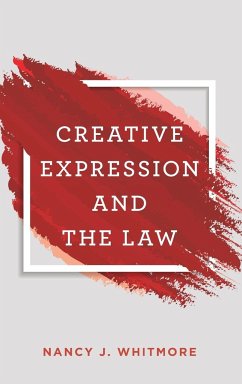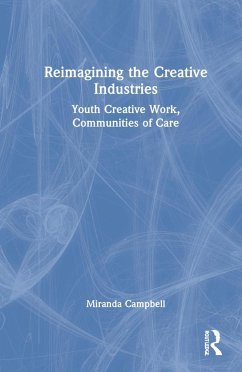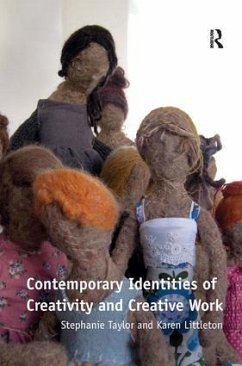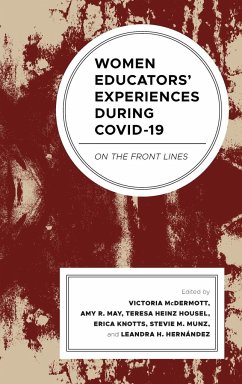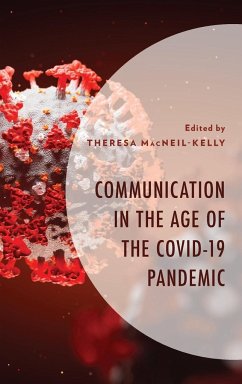
Creative Resilience and COVID-19
Figuring the Everyday in a Pandemic
Herausgeber: Gammel, Irene; Wang, Jason
Versandkostenfrei!
Versandfertig in 1-2 Wochen
167,99 €
inkl. MwSt.

PAYBACK Punkte
84 °P sammeln!
Creative Resilience and COVID-19 examines arts, culture, and everyday life as a way of navigating through and past COVID-19. Drawing together the voices of international experts and emerging scholars, this volume explores themes of creativity and resilience in relation to the crisis, trauma, cultural alterity, and social change wrought by the pandemic. The cultural, social, and political concerns that have arisen due to COVID-19 are inextricably intertwined with the ways the pandemic has been discussed, represented, and visualized in global media. The essays included in this volume are concern...
Creative Resilience and COVID-19 examines arts, culture, and everyday life as a way of navigating through and past COVID-19. Drawing together the voices of international experts and emerging scholars, this volume explores themes of creativity and resilience in relation to the crisis, trauma, cultural alterity, and social change wrought by the pandemic. The cultural, social, and political concerns that have arisen due to COVID-19 are inextricably intertwined with the ways the pandemic has been discussed, represented, and visualized in global media. The essays included in this volume are concerned with how artists, writers, and advocates uncover the hope, plasticity, and empowerment evident in periods of worldwide loss and struggle-factors which are critical to both overcoming the COVID-19 pandemic and fashioning the post-COVID-19 era. Elaborating on concepts of the everyday and the outbreak narrative, Creative Resilience and COVID-19 explores diverse themes including coping with the crisis through digital distractions, diary writing, and sounds; the unequal vulnerabilities of gender, ethnicity, and age; the role of visuality and creativity including comics and community theatre; and the hopeful vision for the future through urban placemaking, nighttime sociability, and cinema. The book fills an important scholarly gap, providing foundational knowledge from the frontlines of the COVID-19 pandemic through a consideration of the arts, humanities, and social sciences. In doing so, Creative Resilience and COVID-19 expands non-medical COVID-19 studies at the intersection of media and communication studies, cultural criticism, and the pandemic.



